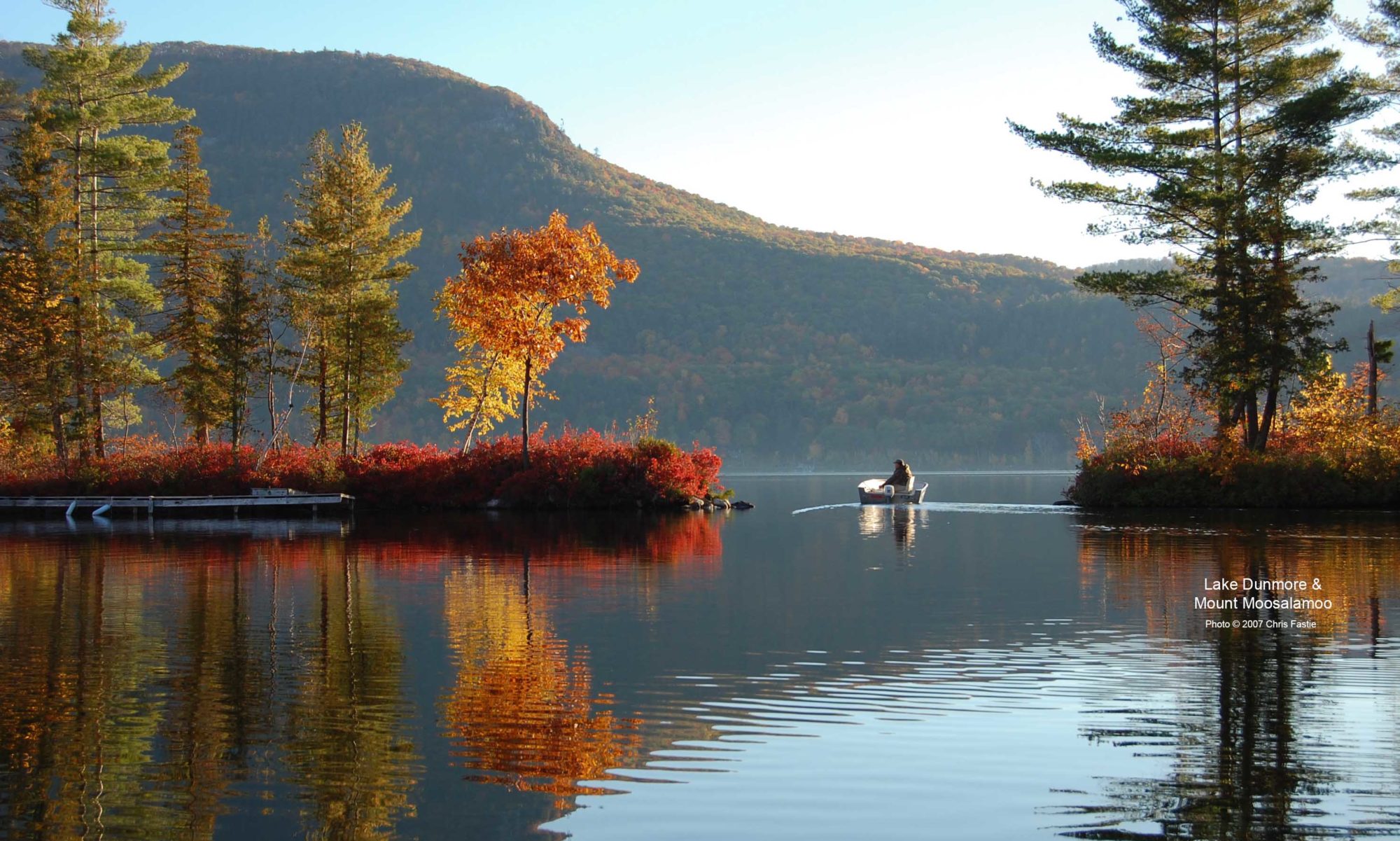At last week’s meeting of the BLSG Board of Trustees, Treasurer and long-time representative from Brandon, Wayne Rausenberger, made a couple of revealing statements.
“I think of the adulticide business as a Band-Aid, and it’s an emergency Band-Aid because we can’t do it the best possible way which is more larvicide work because we don’t have the funds. That to me is what it boils down to.”
This is a sentiment with a long history among BLSG board members and there was no opposition to Rausenberger’s comment at this meeting. It is no secret that roadside spraying of adulticides kills only a portion of the mosquitoes in a narrow swath along roads, for only a couple of hours, has no long-term impact, and happens only once every week or two (details here). Most residents of Salisbury who live on rural roads see little benefit from BLSG’s intermittent roadside spraying.
Continue reading “BLSG wants 51% more from Salisbury”
